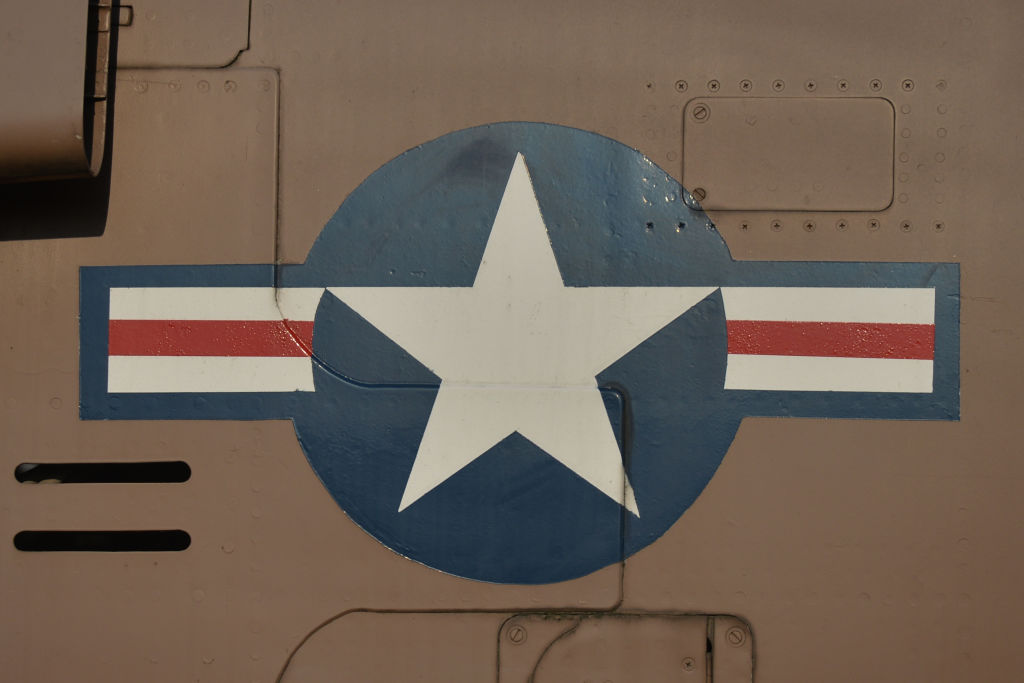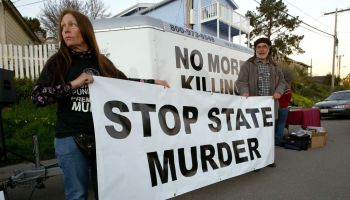President Raul Castro met Monday with six visiting members of the Congressional Black Caucus, his first face-to-face discussions with U.S. leaders since he became Cuba’s president last year.
State television showed images of Castro, who holds the rank of four-star army general, wearing a business suit instead of his trademark olive-green fatigues and sitting down with Rep. Barbara Lee, a California Democrat, and other members of the American delegation behind closed doors.
Seven Democratic representatives traveled to Havana but an official communique read on the air said only six attended the meeting with Castro. The statement provided no details of what was discussed or how long the meeting lasted. It added that the group also spoke in recent days with the head of parliament and the country’s foreign minister.
The lawmakers came to talk about improving U.S.-Cuba relations amid speculation that Washington is ready to loosen some facets of its 47-year-old trade embargo against the island.
The meeting came as Fidel Castro said Cuba is not afraid to talk directly to the United States and that the communist government does not thrive on confrontation as its detractors have long claimed.
In a column published in state-controlled newspapers earlier Monday, the 82-year-old former president also praised U.S. Sen. Richard Lugar, saying the top Republican on the Senate Foreign Relations Committee “is walking on solid ground” with a proposal to appoint a special envoy to reshape U.S.-Cuba relations.
Castro wrote that “those capable of serenely analyzing the events, as is the case of the senator from Indiana, use an irrefutable argument: The measures of the United States against Cuba, over almost half a century, are a total failure.”
Though they share a strong and mutual distrust of Washington, both Castro brothers have said for decades that they would be willing to talk personally with U.S. leaders. Fidel repeated Cuba’s desire for dialogue in the column, saying direct negotiation “is the only way to secure friendship and peace among peoples.” Currently, the countries do not have formal diplomatic relations.
“There is no need to emphasize what Cuba has always said: We do not fear dialogue with the United States,” he wrote. “Nor do we need confrontation to exist, as some foolish people think. We exist precisely because we believe in our ideas and we have never feared dialogue with the adversary.”
Suffering from an undisclosed illness in a secret location, Fidel Castro was succeeded by the 77-year-old Raul as president last February.
In a second column posted late Monday night on a government Web site, the ex-president saluted the members of the Congressional Black Caucus for traveling to the island, saying he “values the gesture of the legislative group.”
“They are witnesses to the respect with which Americans who visit our homeland are always received,” Castro wrote. “It’s unlikely that the delegation has seen a face twisted with an expression of hate, and maybe they admire the total absence of illiterate people or children shining shoes in the street.”
Lawmakers in both houses of the U.S. Congress have proposed a measure that would prohibit the president from barring Americans from traveling to Cuba except in extreme cases, effectively lifting a travel ban that is a key component of the embargo.
Lee has said that many of the representatives, who arrived in Cuba on Friday and are scheduled to leave Tuesday, support the travel legislation.
Democratic Rep. Mel Watt of North Carolina said that Fidel Castro’s writings make it “clear that both countries can exist without either dialogue or adversity to each other.”
“But wouldn’t it be so wonderful,” he added, “if we struck a dialogue and found the things that were mutually advantageous and mutually of interest to our two countries and stopped the historical divisions that have separated us (though we are) so close geographically?”
















